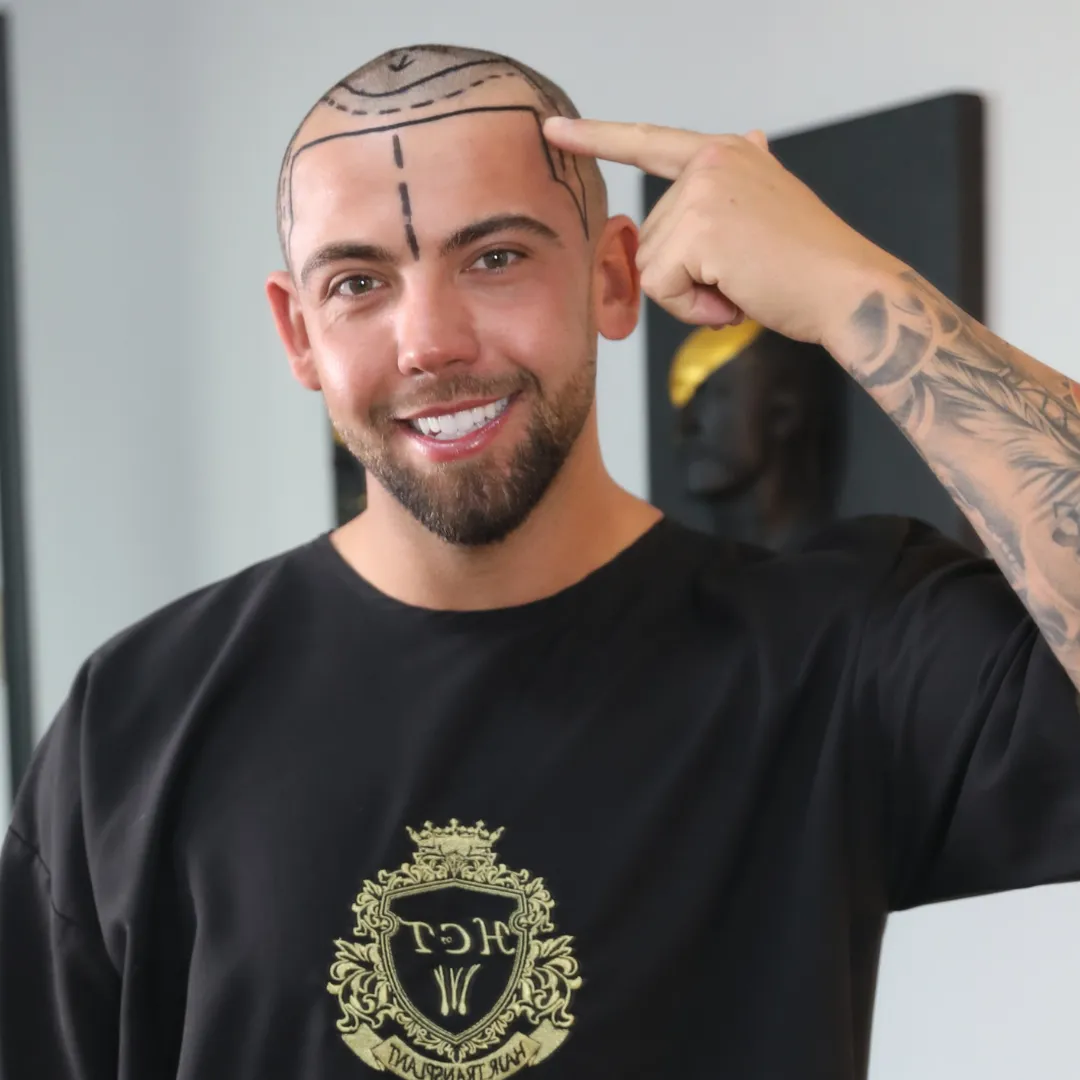
What Is The Best Age To Get A Hair Transplant?
Most people get stronger, more predictable hair transplant results once their hair-loss pattern is clearer and more stable—often in the late 20s through 40s. Age alone isn’t the deciding factor. The key is a long-term plan based on your hair-loss diagnosis, donor-hair quality, and likely future thinning.
Table of Contents
At What Age Can You Get A Hair Transplant?
There’s no universal “legal” age that fits everyone, but reputable clinics typically avoid operating on very young patients unless the case is carefully justified. The main reason is predictability: early hair loss can accelerate or change pattern, which affects how natural the result looks over time.
Many surgeons prefer patients to be at least in their mid-to-late 20s, with a clearer pattern of loss. In some cases, a transplant may be considered earlier, but only after a thorough medical assessment and realistic planning.
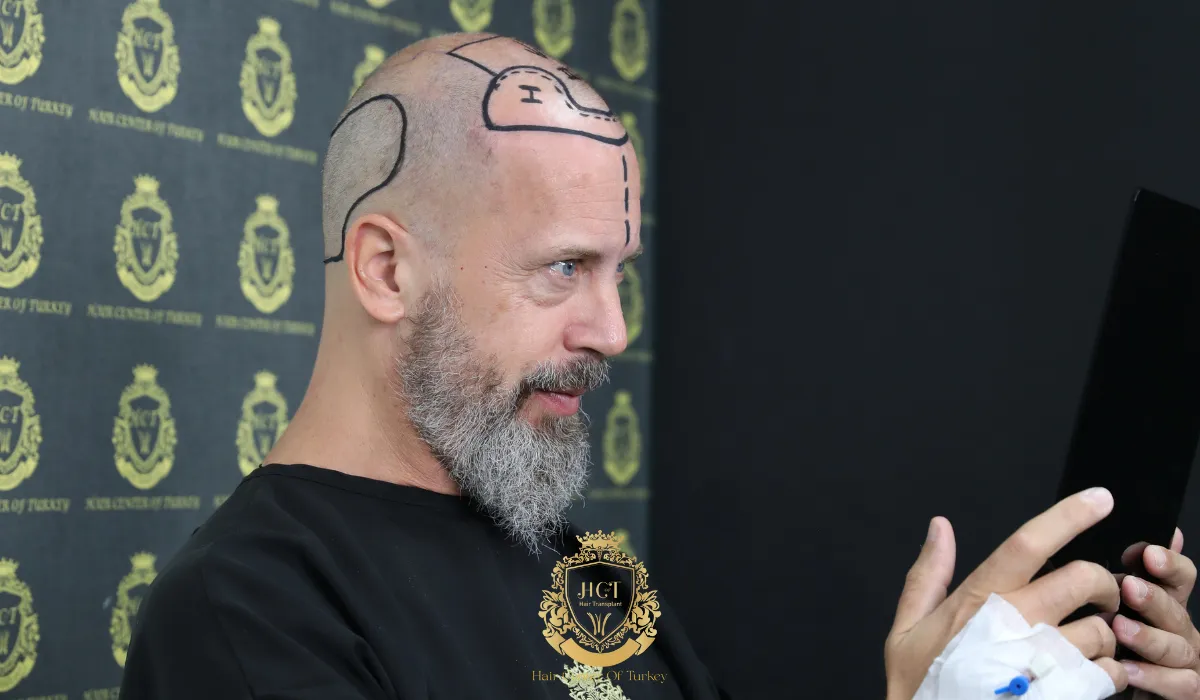
Why Many Clinics Prefer Patients In Their Late 20s Or 30s
By this stage, male pattern hair loss often becomes easier to map and forecast. That helps the surgeon design a hairline and coverage plan that still looks natural if thinning continues.
It also reduces the chance of “islands” of transplanted hair surrounded by future balding. A conservative approach usually protects donor hair for the years ahead.
What Determines The Right Timing (Beyond Age)
Age is only one piece of the decision. A good candidate usually meets most of these criteria:
- Hair loss has slowed or stabilized (or is being stabilized with treatment)
- A strong donor area (usually the back and sides) with enough density for the goals
- A clear diagnosis (androgenetic alopecia vs. traction alopecia, alopecia areata, scarring alopecia, etc.)
- Realistic expectations about density, coverage, and the possibility of future sessions
- Healthy scalp and overall health that supports healing
A proper consultation should include scalp assessment, donor evaluation, and a long-term plan—not just a graft number.
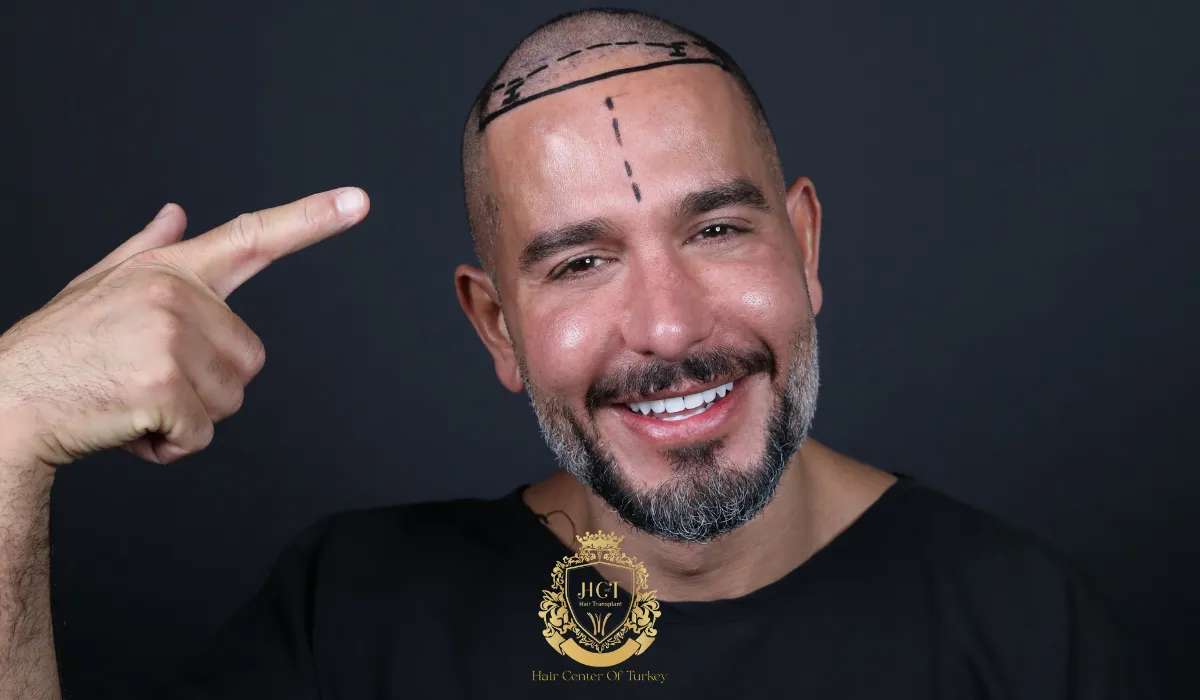
Common Age Ranges For Hair Transplants
For Men
Many men consider surgery between about 27 and 40, when the pattern often becomes more defined. This timing allows for better planning around the Norwood scale (a common grading system for male pattern baldness).
If a man is thinning rapidly in his early 20s, the priority is usually to slow progression first. Surgery may still be possible, but it needs a conservative design and a plan for future loss.
For Women
Women often seek hair restoration later, frequently between about 40 and 55, depending on the cause. Female pattern hair loss can become more noticeable with hormonal shifts, stressors, or aging, but it’s crucial to confirm the diagnosis.
Women can also experience diffuse thinning, which changes how donor supply and coverage are planned. That’s why an individualized evaluation matters even more.
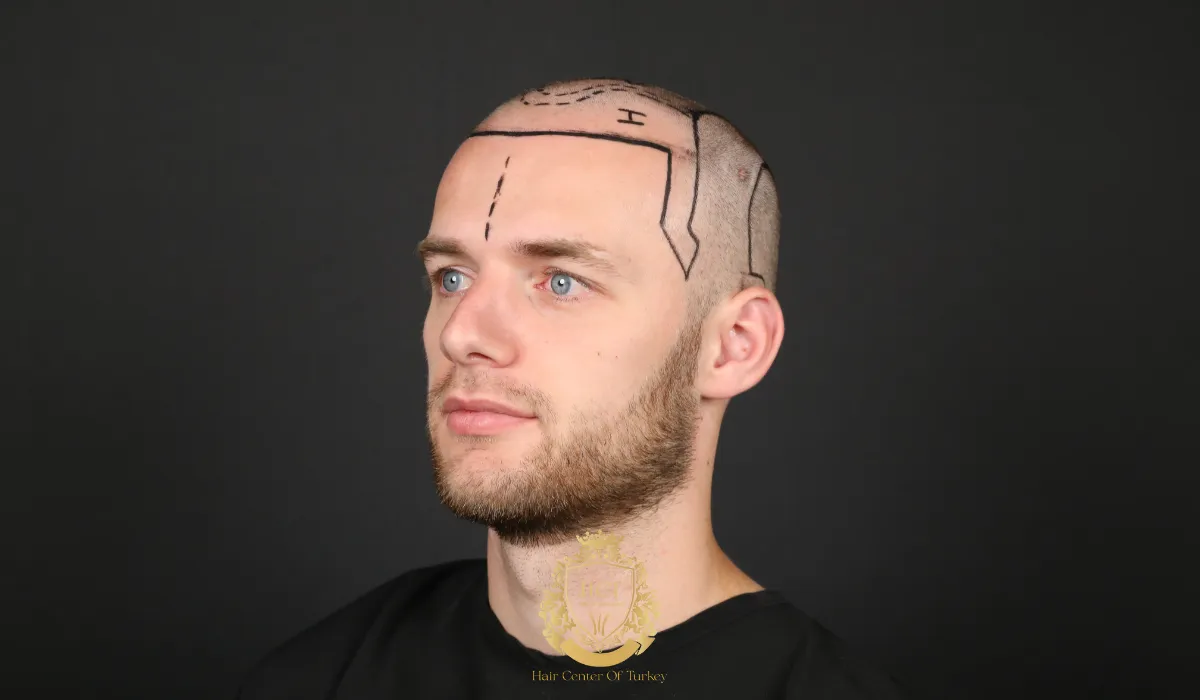
Why Hair Loss Can Start Young
Early hair loss is often genetic and hormone-related. In androgenetic alopecia, follicles gradually miniaturize over time, producing finer hairs until growth stops.
For many patients, the most effective early step is to confirm the diagnosis and consider proven medical options first. A well-run clinic will talk through non-surgical routes before recommending surgery.
Hair Loss In Your 20s: What To Do First
If you’re under 30, start with a proper assessment and a stabilization plan. Common first-line options include treatments such as topical minoxidil and (for suitable adult men) finasteride, under medical guidance.
You’ll also want baseline photos and regular follow-ups to track progression. If you respond well to treatment, you may delay surgery—or reduce the number of grafts needed later.
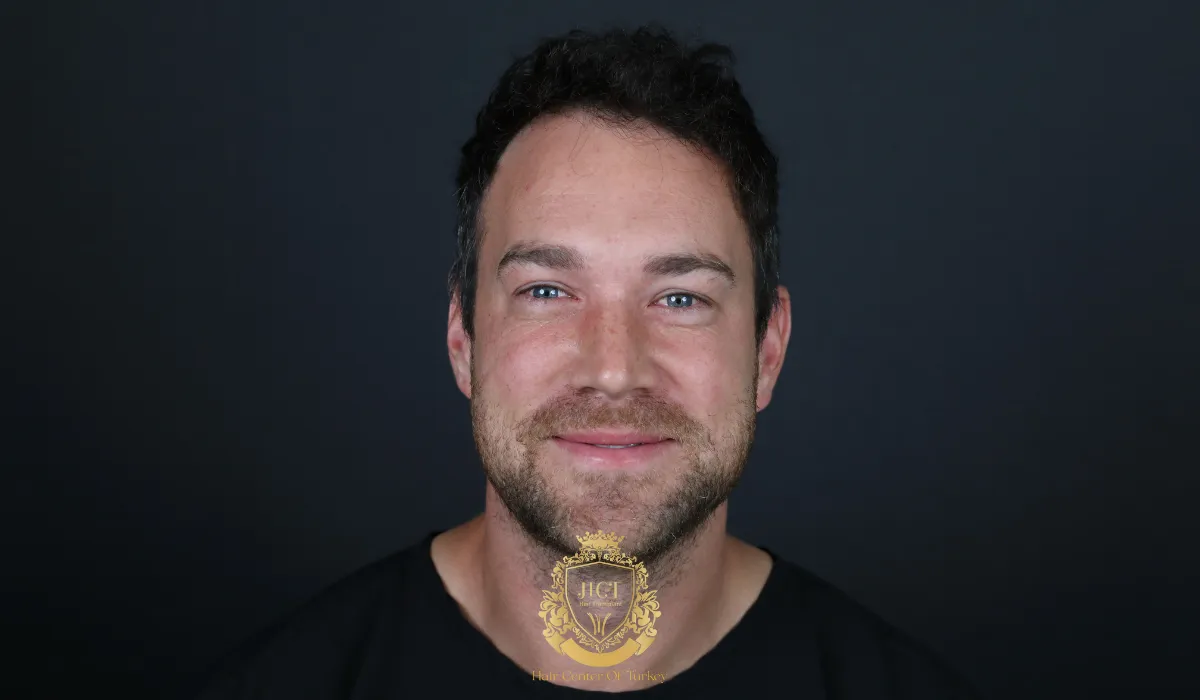
What Happens If You Get A Hair Transplant Too Young?
The biggest risk is that your future hair loss outpaces your plan. That can lead to:
- A hairline that looks “too strong” for your age later
- New thinning behind transplanted areas
- Needing additional procedures sooner than expected
- Donor hair being used too aggressively early on
A careful surgeon can reduce these risks with conservative hairline design and donor management, but timing still matters.
Can You Be Too Old To Get A Hair Transplant?
Age alone doesn’t disqualify you. Many people have successful procedures in their 50s and beyond.
What matters is donor supply, scalp health, and the degree of hair loss. In advanced stages (often Norwood 5–7), coverage goals must be realistic because donor hair is limited and the bald area is larger.
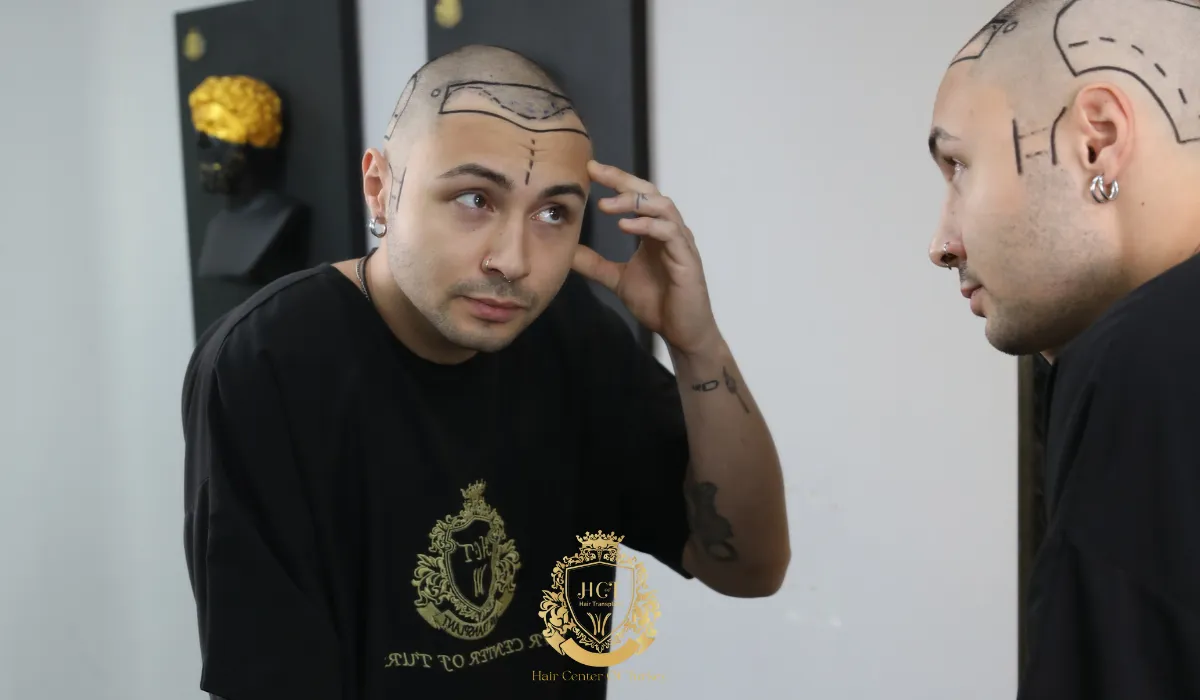
Planning For Natural Results Over Time
A natural-looking result is usually built on a long-term strategy:
- Conservative hairline placement that fits your facial structure and age
- Smart graft distribution (prioritizing the hairline and frontal zone when appropriate)
- Donor preservation for future needs
- A maintenance plan to protect existing hair where possible
At Hair Center of Turkey, this kind of planning is typically handled in a personalized, one-to-one consultation style, with a focus on long-term naturalness rather than short-term density promises.
FAQs
What is the perfect age for a hair transplant?
No perfect age; suitability requires stable hair loss and adequate donor hair.
What happens 20 years after a hair transplant?
Transplanted hair often persists; surrounding native hair may continue thinning.
Is a hair transplant at 30 worth it?
Often worthwhile at 30 when the hair-loss pattern is clear and donor adequate.
Is 25 too early to get a hair transplant?
No, 25 isn’t too early if loss is stable and planned long-term.
What stage is too late for a hair transplant?
Too late when donor supply can’t cover area, typically advanced Norwood VI–VII.
Is hair transplant safe for men?
Yes, hair transplantation is safe for most men when performed by qualified surgeons.
Is it better to do a hair transplant early?
Earlier can help cosmetically, but only after stabilization and long-term planning.
What happens to a hair transplant when you get old?
Transplanted hair usually persists in old age, while surrounding native hair may thin.
Which stage is best for hair transplant?
Best stage is established, stable pattern hair loss with adequate donor, often Norwood III–V.
Is 27 a good age to get a hair transplant?
Yes, 27 can be suitable if hair loss is stable and donor adequate.
How old before you can’t have a hair transplant?
No fixed age limit; candidacy depends on health, scalp condition, and donor availability.
Is hair transplant at 20 bad?
Often risky at 20 because future hair loss may outpace graft planning.




